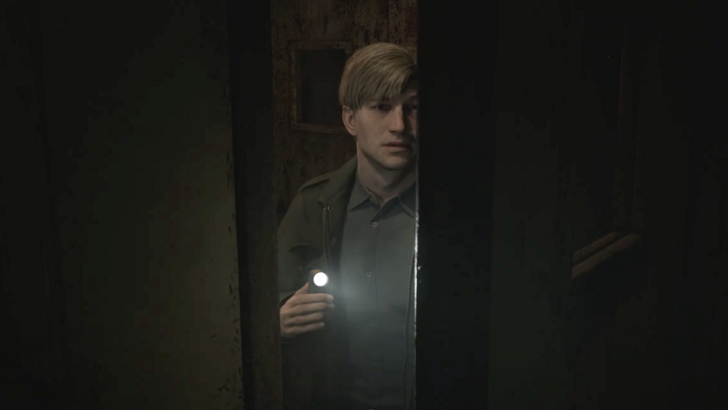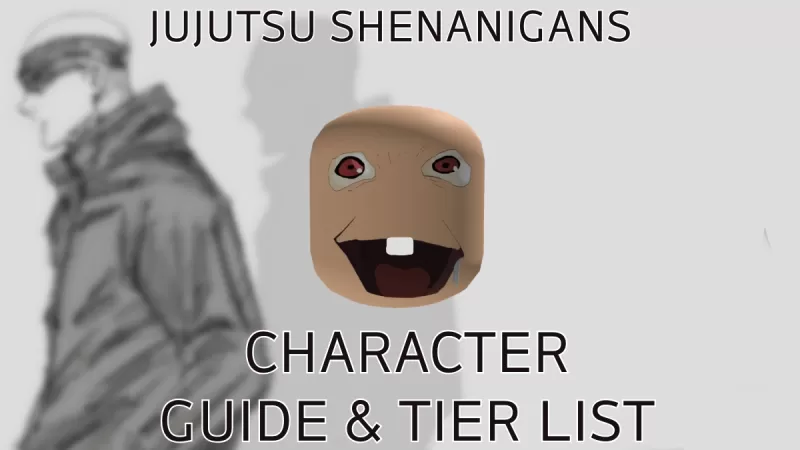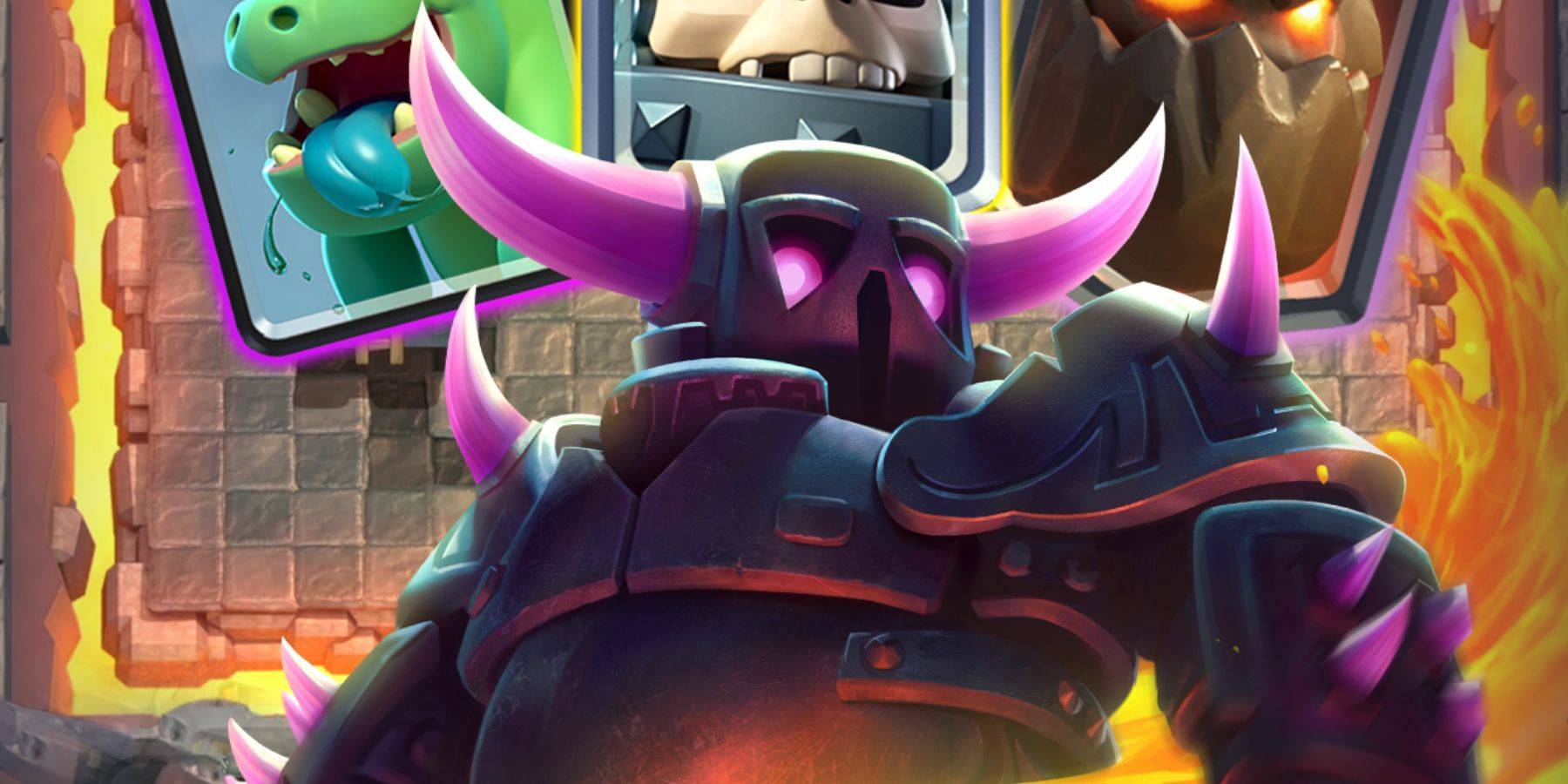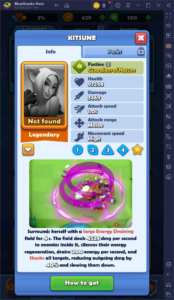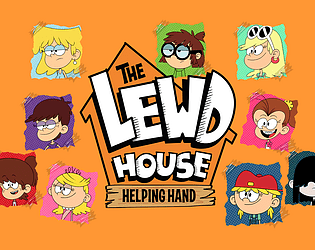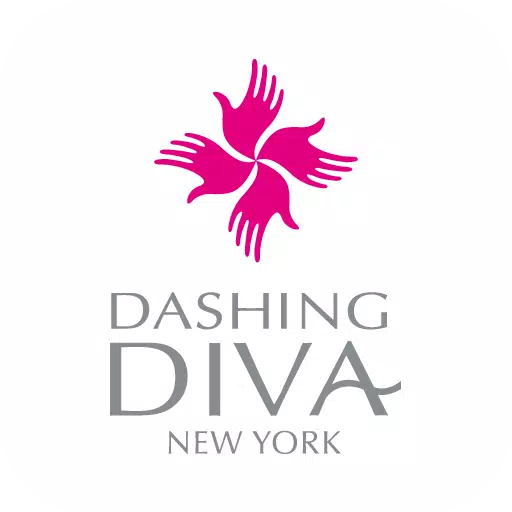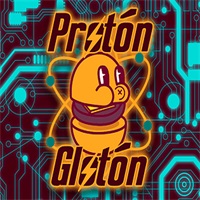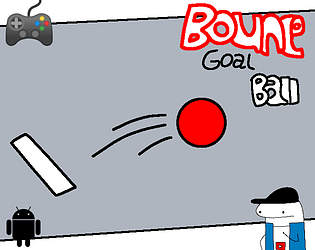Former Blizzard Leads Unveil New Adventure at Dreamhaven Showcase
Five years ago, when Mike and Amy Morhaime founded Dreamhaven, I had the opportunity to discuss with several founding members their vision for the company. They shared their ambition to create a sustainable publishing and support pillar for game studios, including the two they were launching at the time, Moonshot and Secret Door, along with other carefully selected partners.
In our concluding conversation, Mike Morhaime outlined a bold vision for Dreamhaven:
"We want, if I may be so bold as to say, to be a beacon to the industry," he stated, referencing the company's lighthouse logo. "There's a better way of approaching the business of games and the operation of a game company that can produce great results, both in terms of products and financial reward and work environment, and that maybe can help elevate the entire industry."
At the time of Dreamhaven's inception, numerous studios led by former AAA executives were emerging, each promising a more sustainable future. However, the industry has since faced significant challenges, including a global pandemic, economic instability, widespread layoffs, studio closures, and project cancellations. Many of these visionary studios have either shut down before releasing any games or have postponed their ambitions indefinitely.
Yet, Dreamhaven has not only survived but thrived. Today, they partnered with The Game Awards for their inaugural showcase, unveiling an impressive lineup of four games. Two of these are internally developed: Sunderfolk, a turn-based tactical RPG with couch co-op, set to release on April 23, and the newly announced Wildgate, a crew-based first-person shooter centered around space heists, which we've had the chance to preview. The other two games are developed externally but published by Dreamhaven: Lynked: Banner of the Spark, an action-RPG from LA-based developer FuzzyBot, currently in early access and slated for its 1.0 launch in May, and Mechabellum, a turn-based tactical auto-battler from Chinese studio Game River, which launched last September. With Dreamhaven's support, Game River aims to keep Mechabellum fresh and updated for the long haul.
Dreamhaven's activity extends beyond these four games; they are currently supporting ten other external studios, many of which are also founded and staffed by ex-AAA developers. This support ranges from investments and consultancy to fundraising and sometimes publishing assistance. At the Game Developers Conference (GDC) last week, Mike Morhaime explained that Dreamhaven's goal from the outset was to form a "net" to "capture some of this great talent that was dispersing" across the industry.
Wildgate - First Screenshots

 10 Images
10 Images



"We saw all these studios starting up and we have a lot of relationships," Morhaime shared. "We knew a lot of the folks starting up and we wanted to create a structure that allowed us to be helpful and root for these studios, and so we created a structure that allowed us to provide guidance and advice to some of these studios and be incentivized to want them to be successful."
Amid discussions at GDC about the ongoing industry crisis and the tension between prioritizing profits and craft, Morhaime asserts that these two aspects are not mutually exclusive. However, he believes that an environment where failure is an acceptable part of the process is crucial for innovation.
"I think in order to create an environment that allows for innovation, you have to have a certain amount of safety and a certain amount of space to be able to experiment and try things," he says. "We're certainly not against these products being successful and making a lot of money. I think it's about the focus. What are these teams focusing on? And they're not focusing every day on how they maximize profitability at every step. They're trying to make the best experience possible, which we think in the end is the right business strategy anyway and positions us better to be successful in the long run. There's so much competition, you know this. There are so many games that are released every year. I think the really only way to be successful is to stand out with something special."
With Dreamhaven and many of its partners staffed by AAA veterans, I asked Morhaime about the key lessons he took from his time at Blizzard. He highlighted the importance of an "iterative" game development process.
"It was never linear. It was never this straight line where you have this perfect plan and you execute the plan and everything goes according to plan and happiness and success follows. We always encountered obstacles and things that didn't work the way we thought, and we had enough flexibility and adaptability to address those things along the way. So, I think just approaching everything with that kind of perspective where we want to be experimental, we want to try things. If things aren't working, we want to be able to go back and fix them so that we end up with something that we're very proud of."
When asked about the biggest difference between working at Blizzard and his current role at Dreamhaven, Morhaime emphasized the concept of agency.
"Probably the biggest difference, this is such an experienced team, and so we're structured in a way that really gives a ton of agency to our leadership teams in the studios," he says. "And so, it's I think just a very unique environment in terms of the relationship that our studios have with the central company. The central company or the central teams are really there to support the needs of the studio, and our studio heads and leadership, they're also founding members of Dreamhaven. So, it's really more of a partnership."
Our conversation also touched on new technologies, particularly the controversial topic of generative AI. While many gamers and developers are wary of this technology, several AAA companies are adopting it. Morhaime acknowledges the potential of generative AI but notes that Dreamhaven has approached its use cautiously, limiting it to research on best practices and internal policy drafting, without integrating it into their games.
"On the one hand, I think it's super exciting, as a technologist, as someone who just loves what technology can do. This is starting to happen in our lifetime. I think we're very privileged to get to see the birth of something so fascinating. Just a couple of years ago, I'd never imagined that generative AI would be able to do some of the things that it's currently doing. There are a lot of complexities around it, legal, ethical, it's also super hard to extrapolate out what this means to the way we live. I think it's undeniable that it will impact all of us in all sorts of ways that we can just speculate on now. I think a lot of those ways are going to be very positive, and some of them are scary, but I also don't think you can just shut it off and put it back in a box. And if you try to do that, it's not going to slow down, it's not going to stop. But I think the people who ignore it and pretend it's not there will be at a huge disadvantage."
Regarding less controversial technology, such as the upcoming Nintendo Switch 2, Morhaime shared that Sunderfolk and Lynked are slated for release on the Switch. Although Mechabellum is exclusively on Steam due to its genre, Wildgate was not announced for the Switch, despite its multi-platform release. Morhaime remained tight-lipped about Wildgate's absence from the Switch but offered general thoughts on the new console.
"I think console transitions can be very disruptive, but they can also be very invigorating and helpful for the games industry," he says. "As a gaming startup, I think console transitions are a positive for us. If you already have games and you're selling, then there's some disruption maybe to worry about, but we don't have that problem. And as a gamer, I think console transitions are exciting."
As we concluded our discussion, I asked Morhaime if he believes Dreamhaven has achieved the mission he set out five years ago—to be a "beacon to the industry." He remains cautiously optimistic but believes there is still work to be done.
"We have to put out some games that people love and we have to be financially successful, because if we aren't either of those two things, nobody's going to look at us as a beacon for anything," he says. "Really what I want to see happen is for Dreamhaven to build a reputation with gamers that the brand stands for something, a seal of quality, hopefully, that hopefully there's some trust that we've built up where players know that if a game is coming from Dreamhaven, regardless of genre, that it's going to be something very special and they'll want to have the curiosity to check it out."
- 1 Roblox Game Codes Updated: April 2025 May 13,2025
- 2 The Best Gaming PC of 2025: Top Prebuilt Desktops Mar 26,2025
- 3 Roblox: Warrior Cats: Ultimate Edition Codes (January 2025) Feb 12,2025
- 4 Pokémon Go Is Celebrating New Year’s 2025 with Festive Fireworks and More! Jan 03,2025
- 5 Fortnite: Chapter 6 Season 1 NPC Locations Feb 13,2025
- 6 Tips to Conquer the Dragon Quest III: HD-2D Remake Feb 21,2025
- 7 Culinary Journey Thrives for Six Jan 01,2025
- 8 Idle Heroes Team Compositions – January 2025 Mar 16,2025
-
Unique Wallpaper Apps for Every Style
A total of 10
-
Top Beauty Trends for This Season
A total of 10
-
Ultimate Baseball Games for Android
A total of 10










